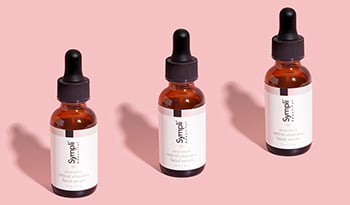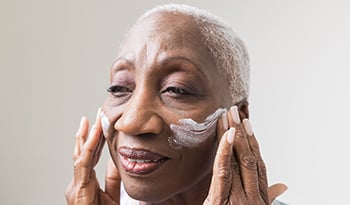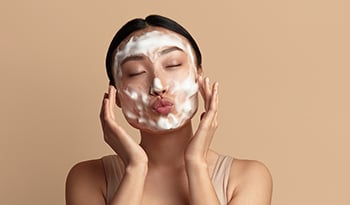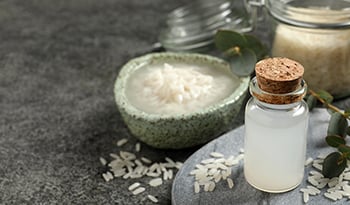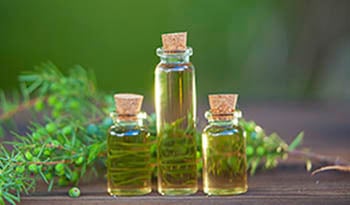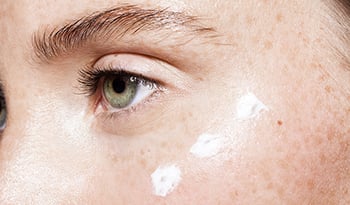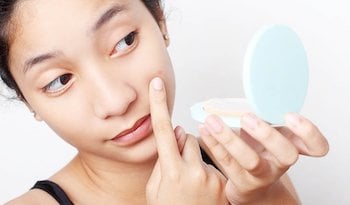The Collagen Connection
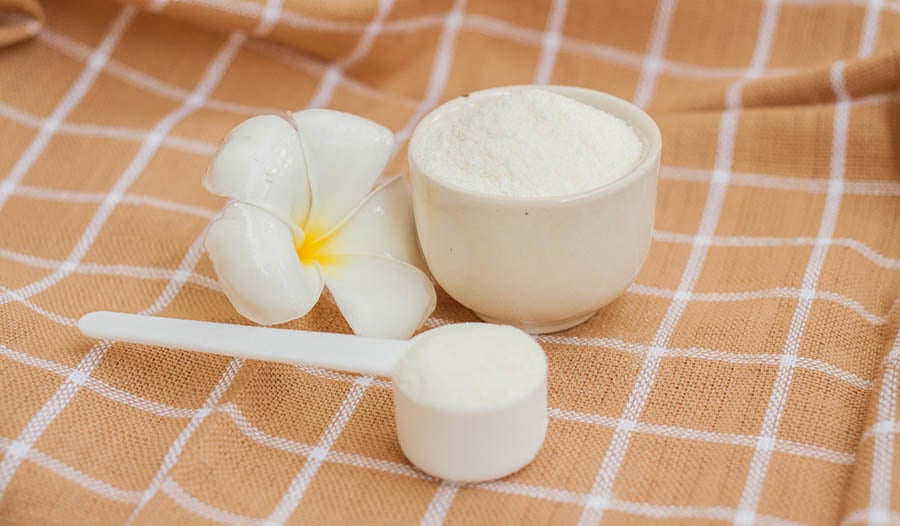
Originally posted April 2017 / Updated August 2023
What Is Collagen?
The word collagen comes from the Greek word for glue. It is an appropriate root as collagen, which, along with hyaluronic acid (a sticky mucopolysaccharide) and elastin, form the ground substance or “intracellular cement” that holds the body's cells together. As the most abundant protein in the human body, collagen is also the main component of connective tissue, such as tendons, ligaments, cartilage, bone, and blood vessels. The largest organ in our body, the skin, has a support layer called the dermis, which is also collagen-rich. Collagen is by far the most abundant in our body, representing 30% of total body protein and up to 70% of the proteins in our skin and connective tissues.
Collagen, Aging, and Wrinkles
Wrinkle formation is due to a loss of collagen in the skin due to aging and the cumulative effects of damage caused by sun, wind, and pollution. As we age, there is a sharp decline in the activity of fibroblasts, the cells responsible for making collagen and other connective tissue components. As a result, the skin's support structure is lost, leading to wrinkled, sagging skin.
Taking collagen peptide supplements can provide the building blocks of collagen manufacture. Collagen peptide supplements have been shown to help maintain skin elasticity and hydration, which may help minimize the appearance of skin aging and smooth out fine lines, especially if for at least six months.1-4 Collagen peptide dietary supplements are derived from various sources, including the skin, bones, and connective tissues of cows, chickens, pigs, and fish. Compared to collagen or gelatin, collagen peptides have a higher water-solubility and can provide valuable amino acids to the skin, hair, joints, and connective tissue.
Bioavailable Silica
One of the most interesting and well-documented approaches to stimulating fibroblasts to increase the manufacture of collagen is the use of a highly bioavailable form of silica (choline stabilized orthosilicic acid or ChOSA [BioSil®]). Initially, research focused on the ability of ChOSA to increase the levels of hydroxyproline, the key amino acid required to produce collagen and elastin. Clinical studies with ChOSA showed impressive results in women (ages 40 to 65 years) with signs of sun damage and premature aging of the skin. Those receiving 10 mg of ChOSA daily experienced 30% improvements in shallow, fine lines, 55% increased skin elasticity, and significantly reduced brittle nails and hair.5
Flavonoids Provide Important Collagen Support
The flavonoids are a group of plant pigments that exert many beneficial effects in supporting healthy collagen. In general, flavonoids produce an antioxidant activity that is more potent and effective against a broader range of oxidants than the traditional antioxidant nutrients like vitamins C and E, beta-carotene, selenium, and zinc. This effect goes a long way in protecting collagen structures from damage.6,7
Especially beneficial to collagen structures are the blue or purple flavonoids – the anthocyanidins and PCOs (short for proanthocyanidin oligomers) - that are found in grapes, blueberries, and many other foods. These flavonoids can also be found in pine bark and grape seed extracts. Anthocyanidins, PCOs, and other flavonoids have the unique ability to crosslink collagen fibers, reinforcing the natural crosslinking of collagen that forms the so-called collagen matrix of connective tissue (ground substance, cartilage, tendon, etc.). They prevent the destruction of collagen structures by enzymes secreted by our white blood cells during inflammation. Flavonoids also act as antioxidants.
To ensure sufficient levels of these beneficial flavonoids, increase your intake of richly colored berries and other fruit. It is also good to supplement your diet with a PCO extract like grape seed or pine bark at 50 to 150 mg daily for general support.
References:
- Pérez-Sánchez A, Barrajón-Catalán E, Herranz-López M, Micol V. Nutraceuticals for Skin Care: A Comprehensive Review of Human Clinical Studies. Nutrients. 2018 Mar 24;10(4):403.
- Kim DU, Chung HC, Choi J, Sakai Y, Lee BY. Oral Intake of Low-Molecular-Weight Collagen Peptide Improves Hydration, Elasticity, and Wrinkling in Human Skin: A Randomized, Double-Blind, Placebo-Controlled Study. Nutrients. 2018 Jun 26;10(7):826.
- Evans M, Lewis ED, Zakaria N, Pelipyagina T, Guthrie N. A randomized, triple-blind, placebo-controlled, parallel study to evaluate the efficacy of a freshwater marine collagen on skin wrinkles and elasticity. J Cosmet Dermatol. 2021 Mar;20(3):825-834.
- Inoue, N., Sugihara, F. and Wang, X. Ingestion of bioactive collagen hydrolysates enhance facial skin moisture and elasticity and reduce facial ageing signs in a randomised double-blind placebo-controlled clinical study. J. Sci. Food Agric. 2016;96: 4077–4081.
- Barel A, Calomme M, Timchenko A, et al. Effect of oral intake of choline-stabilized orthosilicic acid on skin, nails and hair in women with photodamaged skin. Arch Dermatol Res. 2005;297(4):147-153.
- Farjadmand F, Karimpour-Razkenari E, Nabavi SM, et al. Plant Polyphenols: Natural and Potent UV-Protective Agents for the Prevention and Treatment of Skin Disorders. Mini Rev Med Chem. 2021;21(5):576-585.
- Lee JH, Park J, Shin DW. The Molecular Mechanism of Polyphenols with Anti-Aging Activity in Aged Human Dermal Fibroblasts. Molecules. 2022 Jul 7;27(14):4351.
DISCLAIMER:This Wellness Hub does not intend to provide diagnosis...












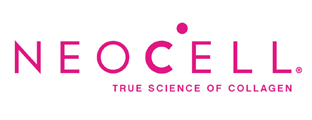














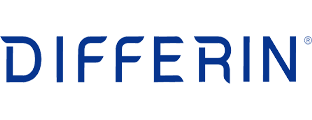















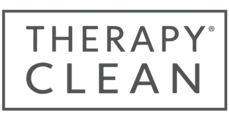





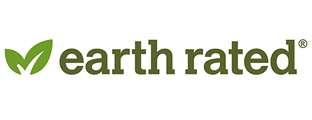






























 Table of Contents
Table of Contents





